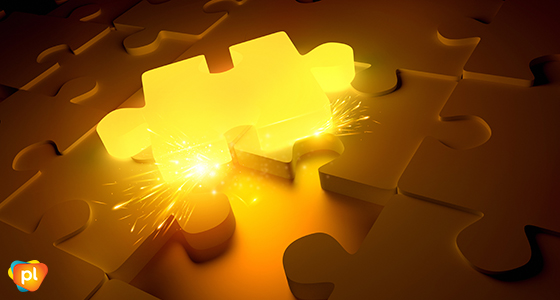
For the first time, the NSW HIV Strategy 2021-2025 includes a fourth pillar focusing on HIV stigma with a goal to reduce the impacts of this type of discrimination has on our health and wellbeing.
Like any other prejudice, HIV stigma is never based on reason or reality. When people are devalued based on their association with any point of difference, whether sexuality or health, we feel shamed and judged. There is no acceptable reason for this misplaced and outdated discrimination.
Like other prejudices, the impacts of this discriminatory attitude is far-reaching. HIV stigma makes many of us living with HIV feel ashamed, rejected, less desirable and at worst shunned from ordinary social spaces and isolated.
While HIV is relatively difficult to pass on, HIV doesn’t discriminate. It can affect any sexually active person regardless of orientation. People living with HIV are everywhere and can be from any walk of life. We are young heterosexual adults, middle-aged grandmothers, lawyers, small business owners, and students. We work, love and live alongside everyone else in society.
One of the main ways that Positive Life NSW combats HIV stigma is through the use of positive images of people living with and affected by HIV. We also offer social events for all people living with HIV to get together, including our families and supporters, to build and develop friendship networks which lessen the effects of HIV stigma.
Our social events also called ‘social inclusion events’ make a positive difference to the lives of many people living with HIV. In this safe and inclusive space, we constantly see how social connections make a huge difference in the lives of people living with HIV.
After one of our community members, ‘Robert’ (not his real name) began coming along to our [+Connect] events and meeting others living with HIV, he decided to start taking his HIV medication again and taking more care of himself. Another community member, ‘Regina’ said she felt better about herself after meeting other women also living with HIV. As her confidence rose, she started thinking about her options for different ways and courses to improve her finances and living situation. After a diagnosis of HIV, ‘Mark’ met several new friends through our Peer2Peer social group. As a gay man newly diagnosed with HIV, he started working on his confidence again, and forging support networks with other newly diagnosed men living with HIV. These are just a small selection of regular experiences in our community.
These social events normalise our shared experience of living with HIV. Socialising offers safe ways to find new friends, connect to a strong network of friends who understand and share our experiences, and people no longer feel separate and alone. Whether you are living with HIV or not, it’s important we all continue to challenge outdated negative attitudes and old-fashioned HIV stigma wherever we see it. Shaming or rejecting someone based on HIV has no place in our society.
Everyone can make a lasting difference on HIV stigma and discrimination. When we talk about HIV, regardless of our sexual orientation or HIV status, we have a chance to change attitudes.
If you live with HIV and feel isolated or need support, get in touch with other people living with HIV through Positive Life on 1800 245 677 or (02) 8357 8386 or email contact@positivelife.org.au






